Three Reasons the PC Era Is Coming To An End
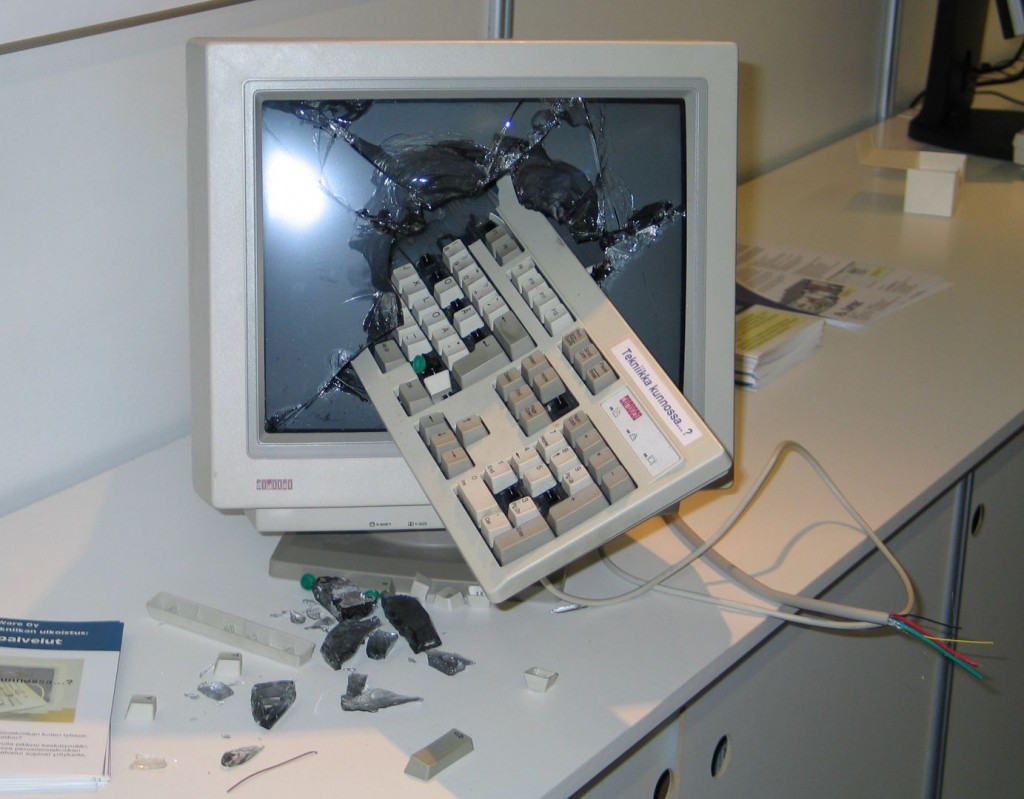
These days, if you asked most people which company is out to destroy the PC, they’d tell you ‘Apple’. But it isn’t just Steve Jobs out to crush the personal computer. In fact, a much better symbol for the end of the PC came recently when Google launched an on-site video editing app on YouTube.
Why? It was one more step in a trend that moves computing away from the desktop and onto the web. And nowadays, you could even skip editing on the web – the new iPhone will let you edit movies and then upload them directly to YouTube, no computer required. Things that were unimaginable just a few short years ago are now a reality and, as we move more and more into the cloud, the importance of personal computers will continue to decline.
So here are three reasons the end of the PC era can’t come fast enough.
1. There’s More Computing Power in the Cloud
So, you think your six-core i7 980 Extreme processor is the bee’s knees right? It can run Crysis at nine-thousand frames a second? Neat. But it’s a tiny fraction of the kind of computing power in use when you do something like a Google search. No, really. It’s only a tiny fraction.
See, right now we think of computing power in terms of how much you can fit inside a box under (or on top of) your desk. But given how fast computer technology changes – and how quickly the need for computing power ramps up – doesn’t it make much more sense to ‘outsource’ computing power to the network and just have a terminal at home?
This was the argument made by Nick Carr in The Big Switch. Much sooner than we think, computing power will be like electric power – we will simply plug a terminal into the wall and have our actual processing down elsewhere. By doing so, we have will have access to far more computing power, and power that is constantly being upgraded and refined without us having to buy a new box every 2 years.
Right now of course, all that computing power is constrained by how much and how fast information can be moved back and forth between your home and these server farms. But we know this will change soon – and once broadband speeds are fast enough, it will be one more nail in the personal computers’ coffin.
So while now you need a computer of a certain power to do something like HD video editing, once computing power is outsourced in won’t matter what terminal you have – as long as your connection is fast enough, you will always be able to take advantage of the latest technology and services.
2. The Cloud Is More Convenient
If you are among the many tech-geeks with more than one computer, how many times has this happened to you: you download a new album or movie onto one computer and then, a few days later, you find yourself annoyed because you forgot to transfer it over to your other computer. Frustrating, right? Sure, services like Dropbox are amazing steps forward, but it isn’t enough.
When all your data exists in the cloud, you will never again have to worry about where things are. And the thing is, you won’t need a PC to access it. All you need is a terminal – whether at a desk or mobile – to access and manipulate it through a web browser using something like Google Docs.
Moreover, we all now use multiple devices. When all data is in the cloud, it will be accessible from anywhere, whether a tablet, smartphone, video game console or whatever else. And it will be one more reason that a bulky PC in your home will be unnecessary.
It’s true that many people have privacy and security concerns. But there was a time that some people thought it was insane to hand over your money to a company – which we now call banks – and let them look after it. Data will be the same way. Specialized companies will emerge who traffic in data alone and they will become as central to our day-to-day existences as banks are today.
3. The Tablet Cometh
Of course, it would be misleading to talk about the end of the PC era without mentioning the tablet, largely because it’s the last piece of the puzzle. If the PC is waning because it makes more sense to move both data and computing power into the cloud, then you still need something to access all that.
The tablet makes the most sense because its touch-screen interface is infinitely adaptable. If you want to watch a movie it’s a TV; if you want to edit film, it’s an editing machine; if you want to easily organize your cloud files, a touch-based system is often vastly superior and more intuitive than a mouse and keyboard.
The tablet – regardless of which platform – makes the most sense since, when broadband is fast enough to realize this vision of the cloud, it will be the best device to become a smart terminal. It’s also often far more easy to use – think about your grandma using an iPad versus a a desktop PC – making it a better solution for opening up the market to more and more users.
It’s true that the “smart terminal” idea still is a few years – if not a couple of decades out – but make no mistake: it’s coming. The era of the PC is coming to a close.
Agree or disagree? Is the PC era ending? And what will be the benefits and drawbacks of moving computing into the cloud?















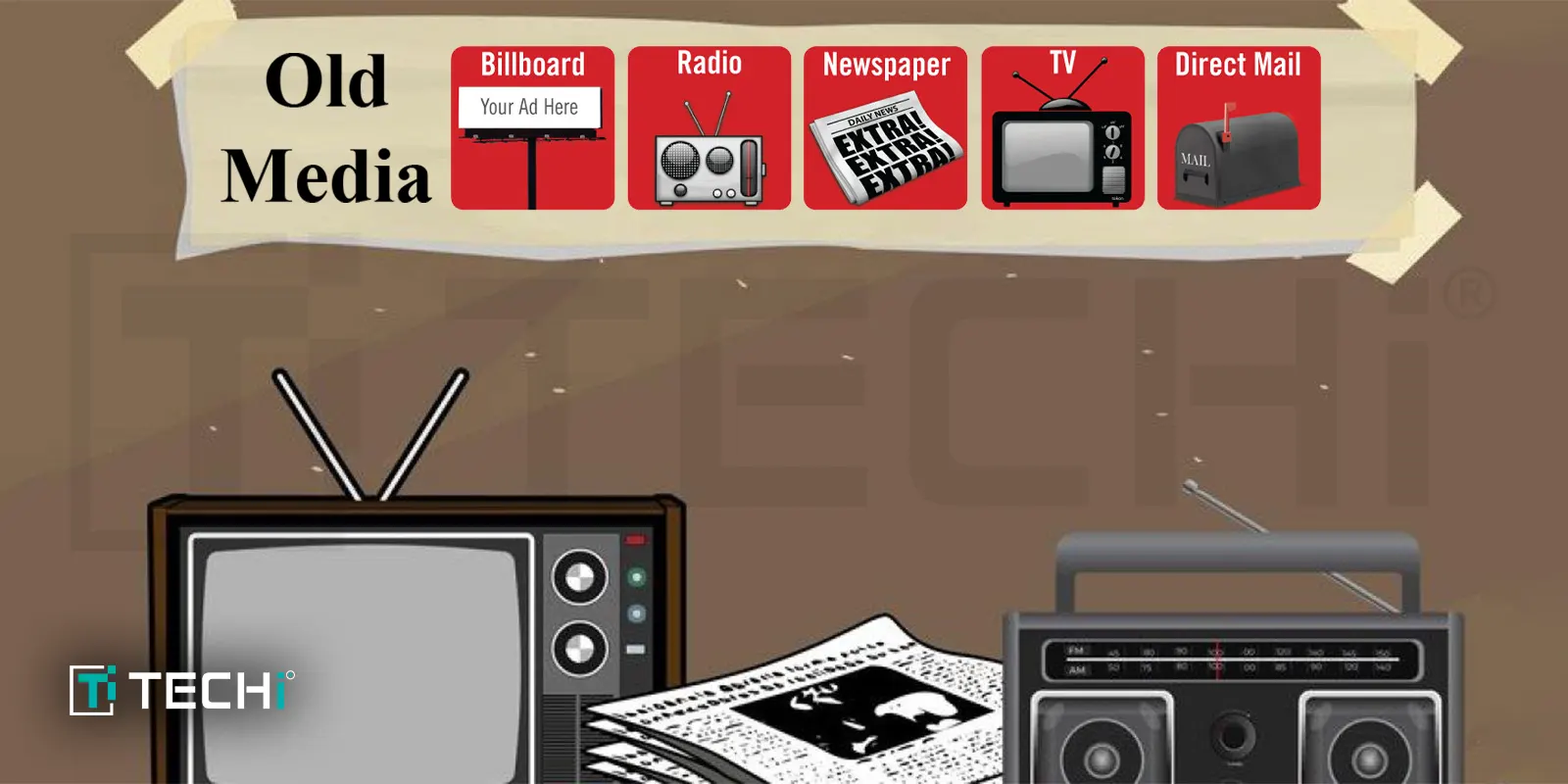
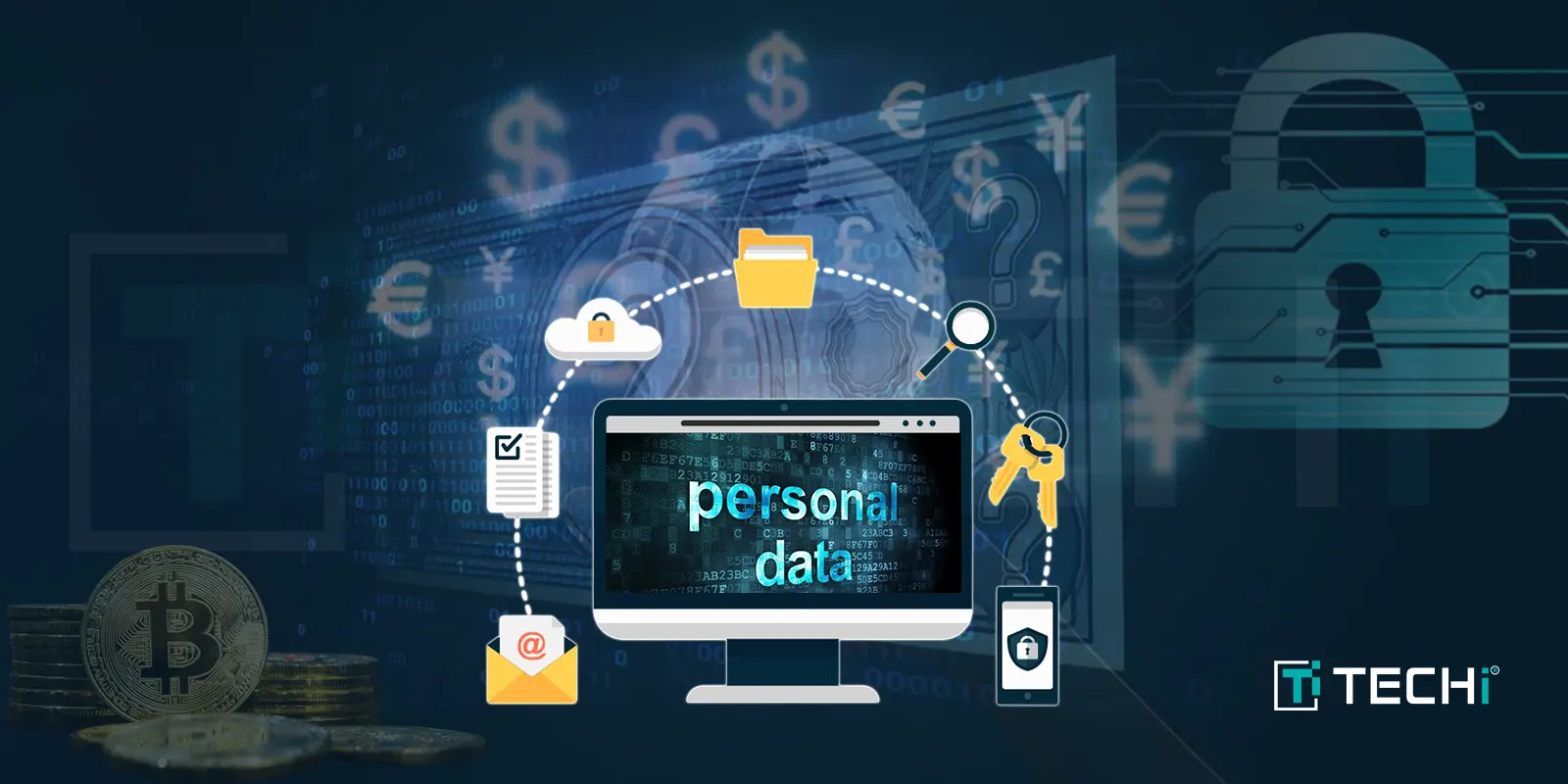
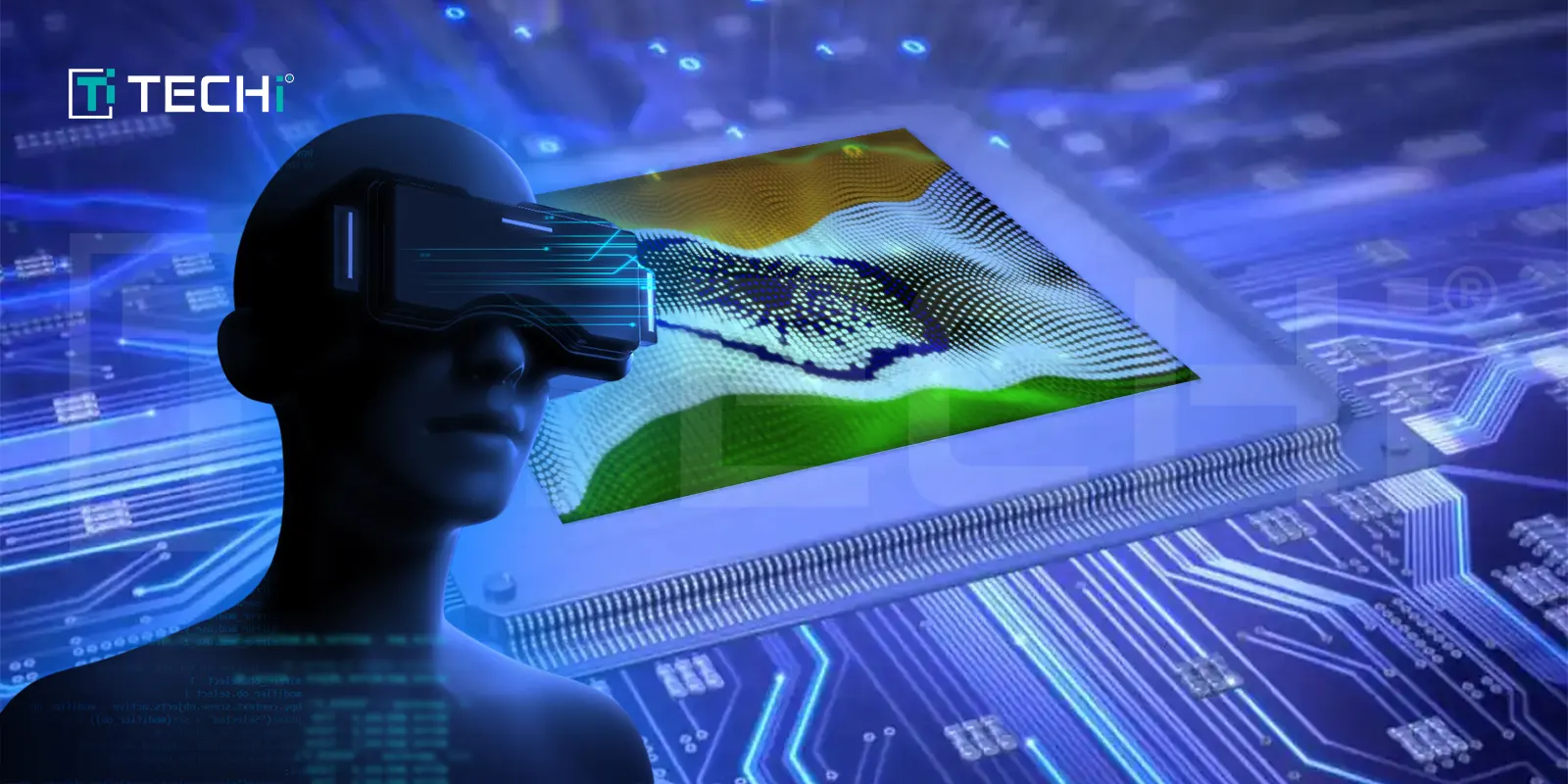
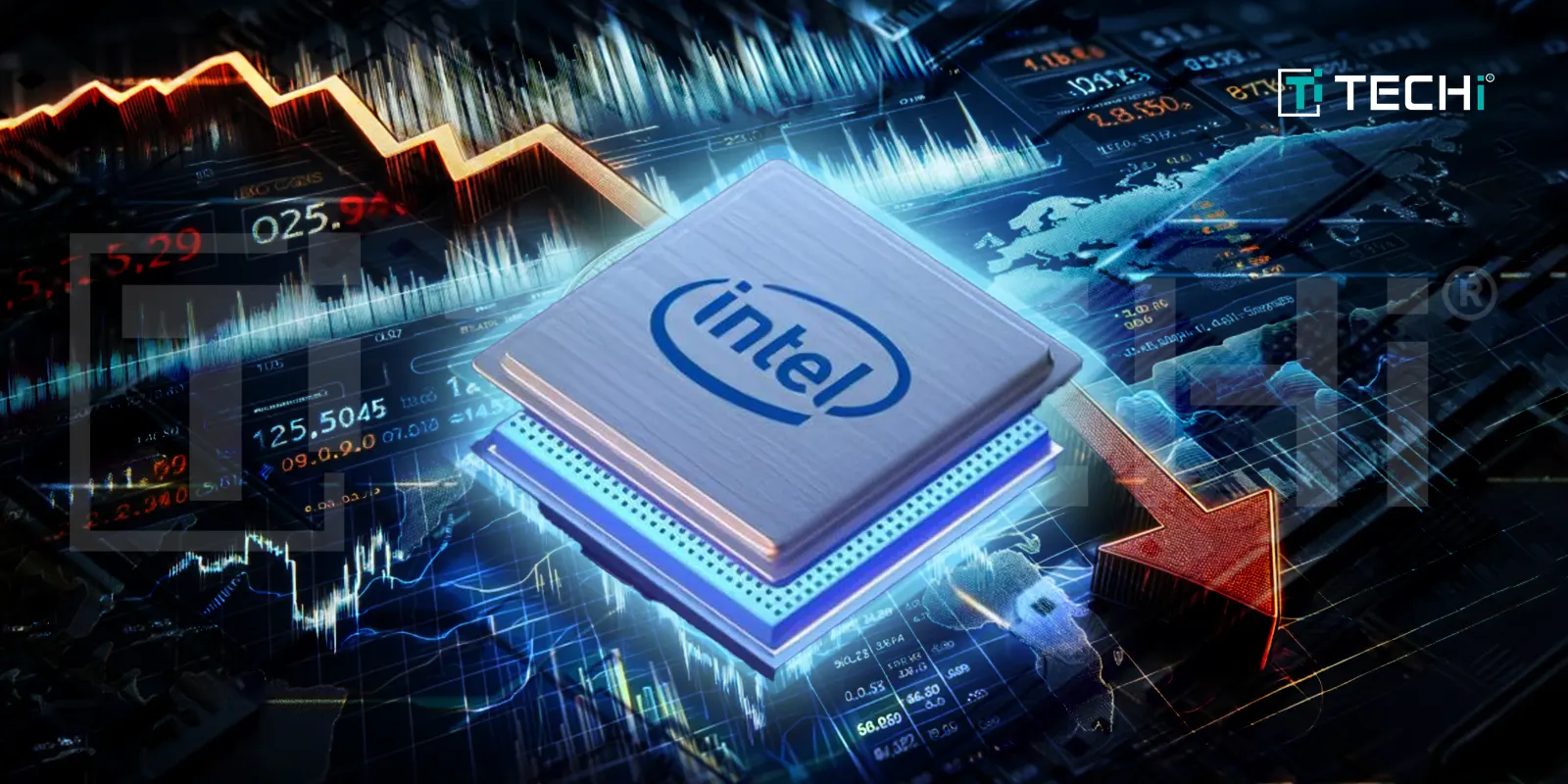

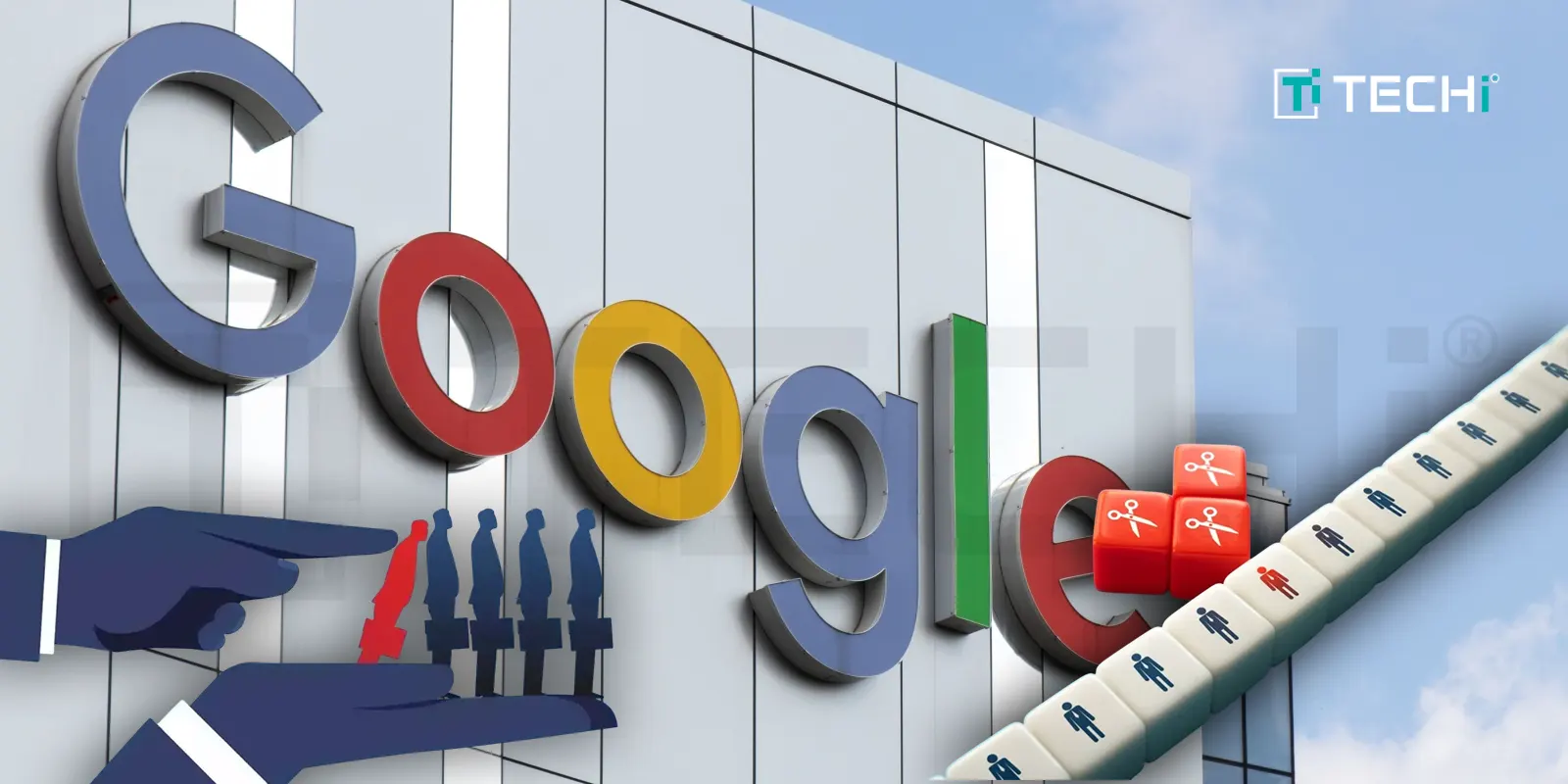
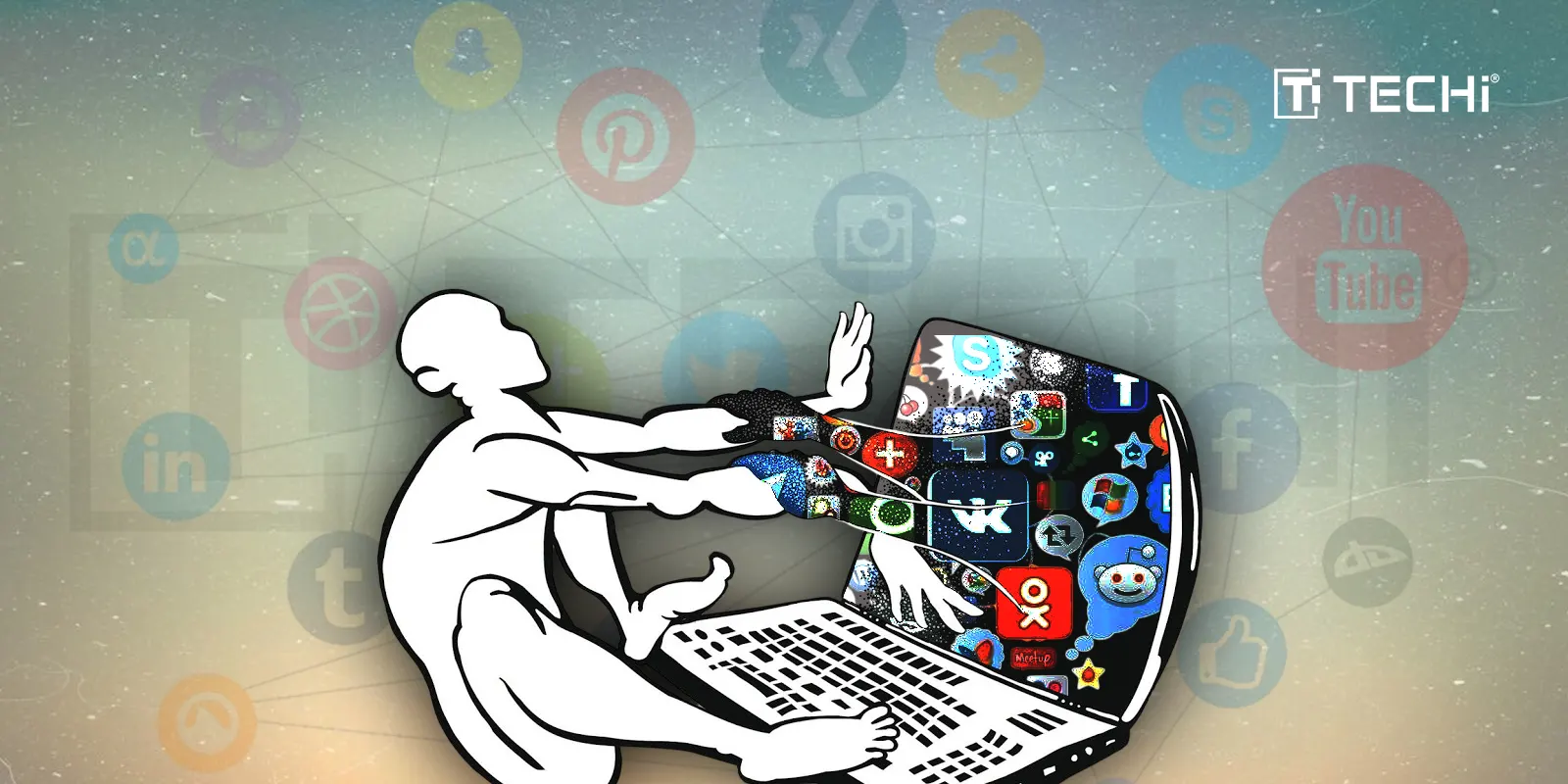
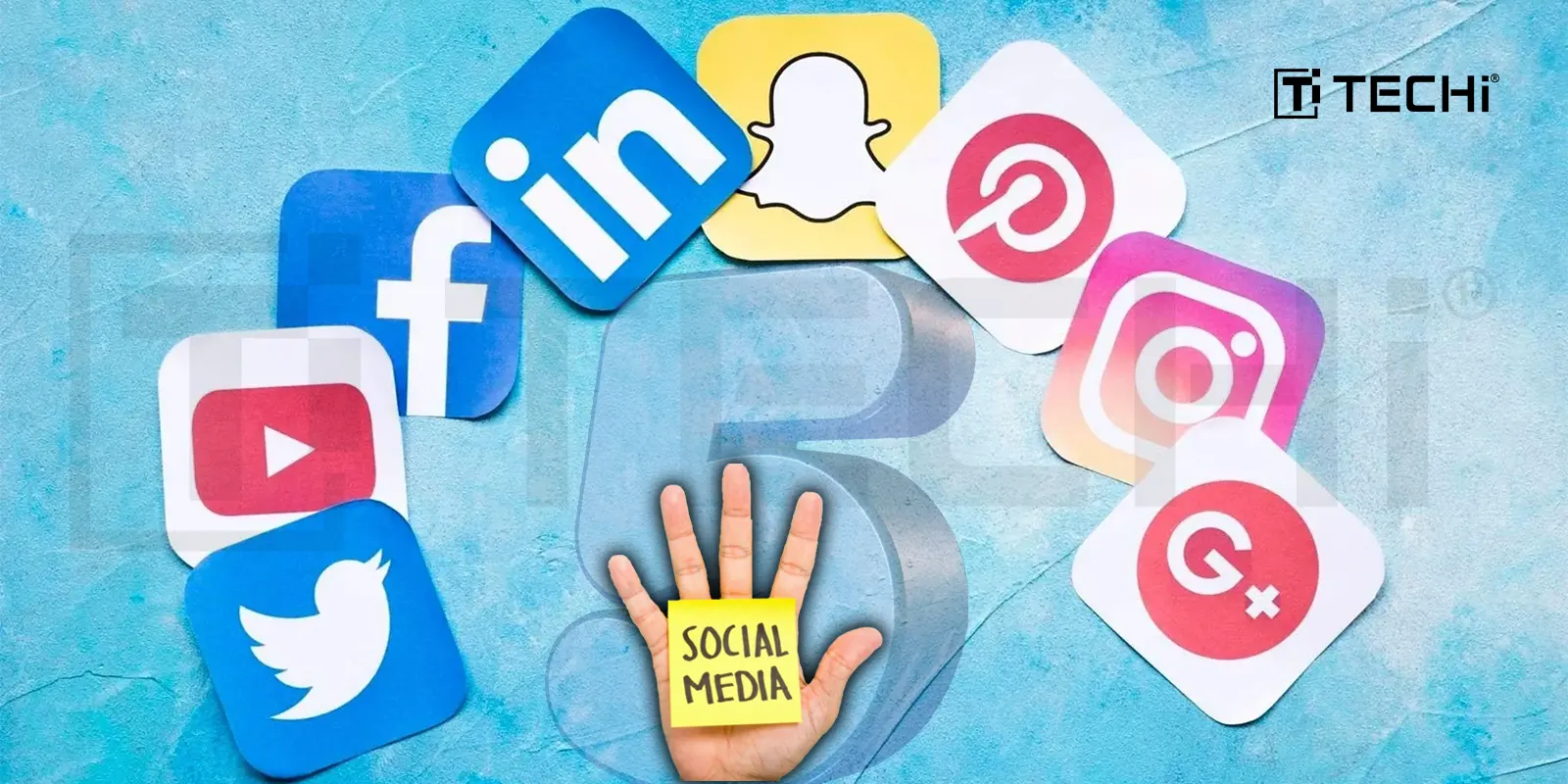
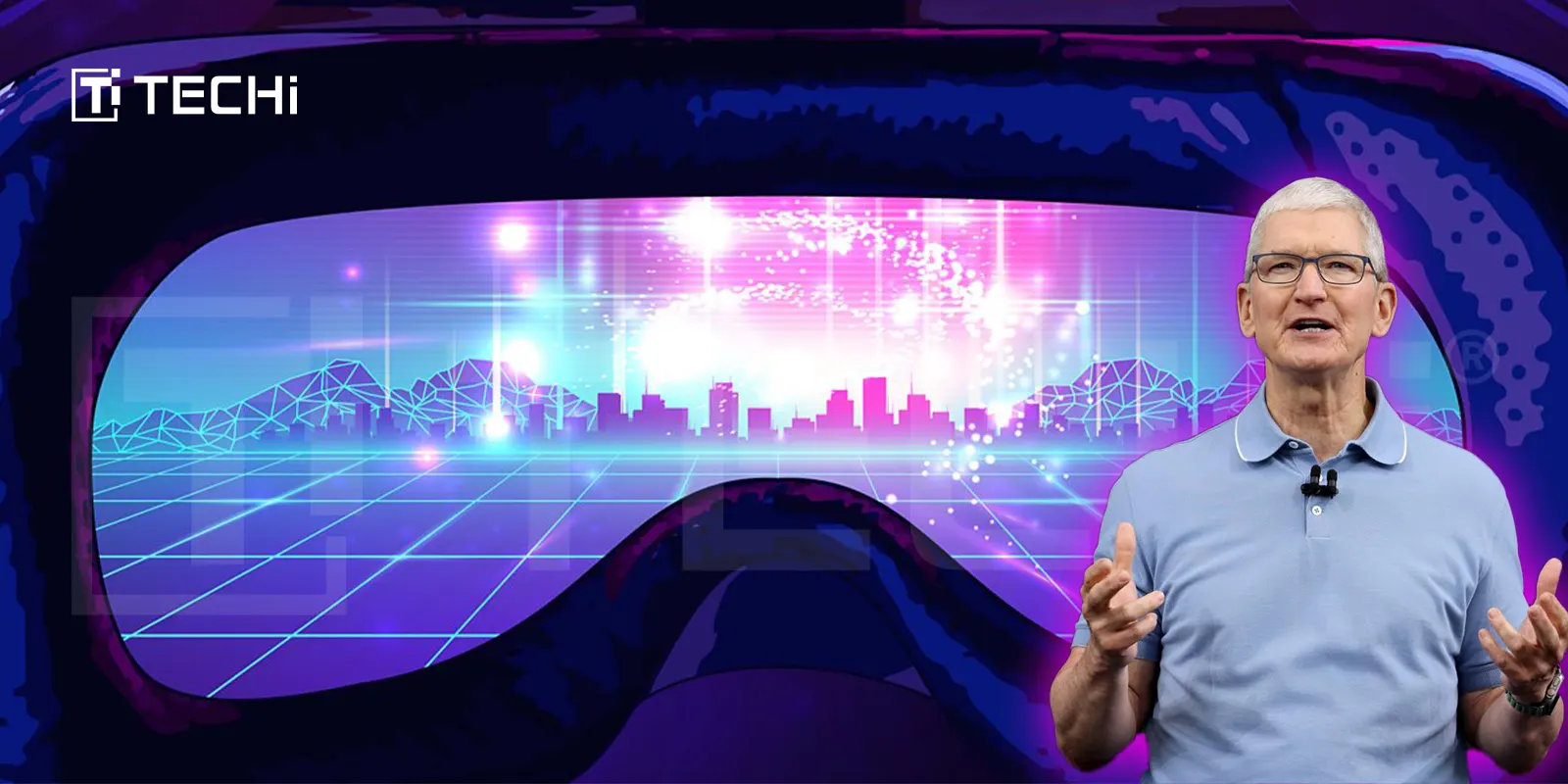
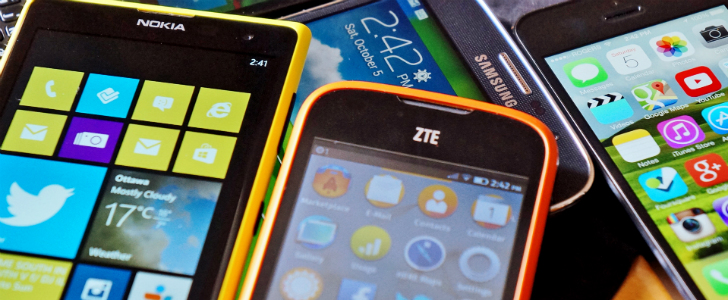

Gaming will keep the PC alive, it is that simple.
The cloud is just a resource that can be tapped into by all manner of devices, it’s not some Jesus technology created to deliver us from the torments of the PC as this articles seems to suggest. Cloud computing is actually a fairly old idea, in the context of a desktop user it amounts to a thin client with some server hosted applications.
If you wrote an article stating that PCs will be replaced to a large extent by smaller computers, ie. mobile phones, then I would agree. Current smartphones already have the ability to be used with Bluetooth mice and keyboards and some new phones offer the ability to use an external monitor via HDMI. So if a phone can be used to surf the web, check email, view photos/videos and other basic tasks on a larger monitor then you’ve already replaced the proverbial PC with a mobile device. But guess what. It is still a personal computer except it finally fits into your pocket.
Please don’t confuse the trend for computing devices to continually shrink in size with cloud computing somehow making locally run applications obsolete. Just look at the number of applications currently available across all desktop and mobile platforms and you’ll realize that your dream of everything running in the cloud is not practical.
But who knows, maybe this article isn’t meant to be insightful. The ‘shocking revelation’ in the headline is sure to attract clicks and generate some ad revenue for the site.
Cheers.
The biggest thing holding back the cloud computing era, in my opinion, will be the speed of wireless internet connection. Here in Australia, it ain’t great.
There is an interesting article and subsequent comments here that talk about some similar themes. I found it a great read.
Navneet Alang I suggest you get a more general overview of how computing really is, for casual users, hobbyists, gamers, professionals and other groups that use the computer on a daily basis. Politely I’d like to point out that most of the points you attempted to make, in defense of why the “PC Era” is dying are in fact irrelevant as other better/faster alternatives have existed for some time already. For example in your first paragraph you mention that video editing can be done online now, and soon we won’t even need those “i7 processors” that can run Crysis at 9000 frames per second…. in your own words. So everytime I want to do video editing, I have to log on and do whatever I want to online? A reason exists, as to why most workstations in studios are not connected to the Internet, and programs like Adobe Photoshop etc allow you to capture your offline registration/setup information and bring it to another PC with Internet connection to register/activate the product.
Then you mentioned storing files/data online for users who have multiple PCs and as you put it,
“When all your data exists in the cloud, you will never again have to worry about where things are.”.
For users who have multiple PCs, its EXTREMELY common for them to have 1 PC setup as a file server for the exact purpose you have mentioned. You don’t have to be online, and your files/folders can still be synced with superior ease.
Please before writing something like this on the Internet, do your research thoroughly beforehand. Its all good to try to make wisecracks and inject humour, but it backfires spectacularly (as shown in your case) when it fails hard. Good day.
I like the post and it is fun to read but If I wish it was a little bit more specific and I will give you an example. I think that eventualy data will live on the cloud but instead there is going to be a combination of technologies involved and I’ll explain. For instance iTunes library will surely keep original files up on the server but it will sync with local machine. Just like emails, caledars, and contacts are synced across different platforms and devices much like microsft exchange and MobileMe, if you are familiar with the technology, the server accepts changes and makes sure that to updat the rest of the subscribers whether be it mobile devices or computers with a client. So in the case of music the client is the iTunes. By the way, did you see the sync services for iBooks, which automatically syncs you notes, bookmarks etc. That’s where I think we are heading.